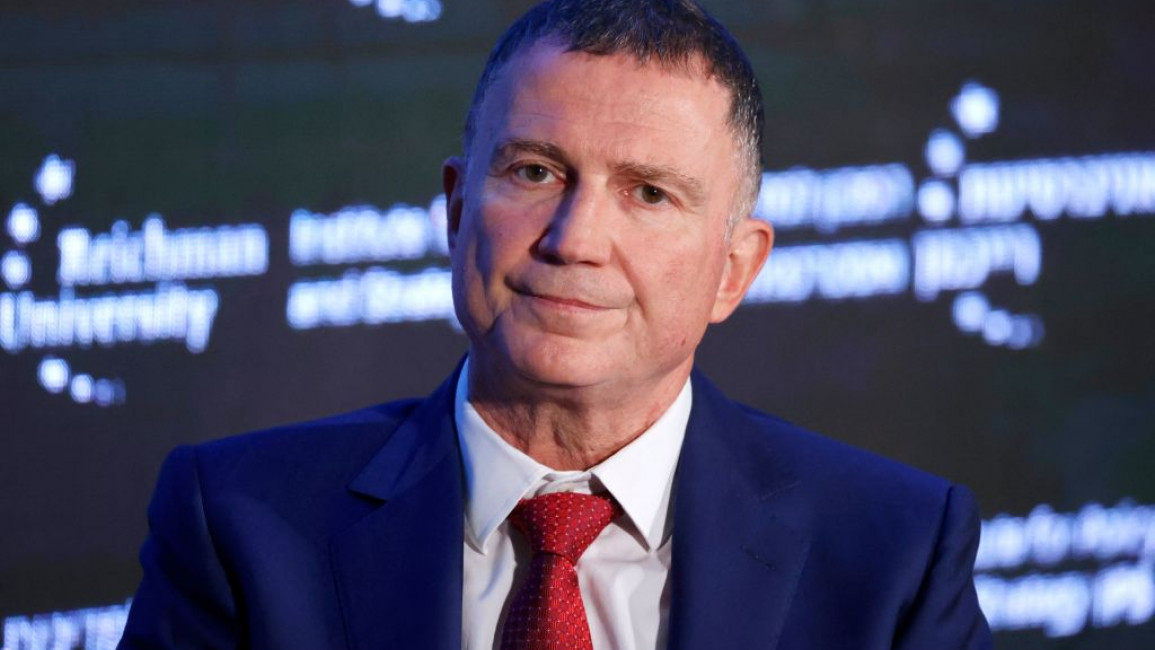Normalisation with Saudi Arabia does not 'appear imminent': Israeli MP
A top Israeli lawmaker said on Sunday that any forging of relations with Saudi Arabia did not appear imminent, citing what he described as sticking points in negotiations currently being held between Riyadh and US mediators.
US President Joe Biden, who earlier dispatched his national security adviser to Saudi Arabia to discuss a possible normalisation deal with Israel that he deems a policy priority, said on Friday that "there's a rapprochement maybe under way".
The idea has been under discussion since the Saudis gave their quiet assent to Gulf neighbours United Arab Emirates and Bahrain establishing ties with Israel in 2020 via the US-brokered Abraham Accords, which was condemned by much of the Arab world and Palestinians, who described normalisation as a "stab in the back" towards the Palestinian cause.
Palestinians pointed out that the deals reward Israel while it continues to illegally occupy the West Bank, frequently carrying out deadly attacks there, and impose a siege on the Gaza Strip which has lasted over 15 years.
Morocco also established diplomatic relations with Israel in 2020.
Riyadh, however, did not followed suit, formally adhering to a long-standing Arab League position that an independent Palestinian state must be established before the normalisation of ties with Israel.
"I think it's too early to talk about a deal being in the works," Yuli Edelstein, head of the Knesset Foreign Affairs and Defence Committee and a senior member of Prime Minister Benjamin Netanyahu's Likud party, told Israel's Army Radio.
He brushed off the possibility that the impasse between Netanyahu's hard-right government - the most extreme in the country's 70-year history - and the statehood goals of the Palestinians was the main obstacle.
"How shall I put this delicately? There are clauses that are far more important or problematic than such-and-such declarations in the Palestinian realm," he said.
"Most of the Saudi discourse is with the Americans, and not with us," he added, saying that when it came to Riyadh's demands of Washington, "there are some things we can live with better, and some things we can live with less well".
Israeli National Security Adviser Tzachi Hanegbi, asked by reporters as he entered the weekly cabinet meeting whether there would be progress in the Saudi talks, said: "I hope so."
Saudi Arabia seeks US cooperation in establishing a civilian nuclear programme on its soil, which both Washington and Tel Aviv have allegedly expressed reluctance towards.
In exchange for Israeli normalisation, Saudi Arabia has also reportedly made demands for a guaranteed defence pact with the US and greater access to weapons, according to a New York Times report in June.
Netanyahu said on Sunday that Israel will build a 100 billion shekel ($27 billion) rail expansion that will connect its outlying areas to metropolitan Tel Aviv and, in the future, could provide overland links to Saudi Arabia.
Speculations that the two countries may normalise relations have risen in recent years due to a number of moves - such as allowing Israeli athletes to compete in Saudi Arabia - but no agreement has materialised yet.
(Reuters and The New Arab Staff)



